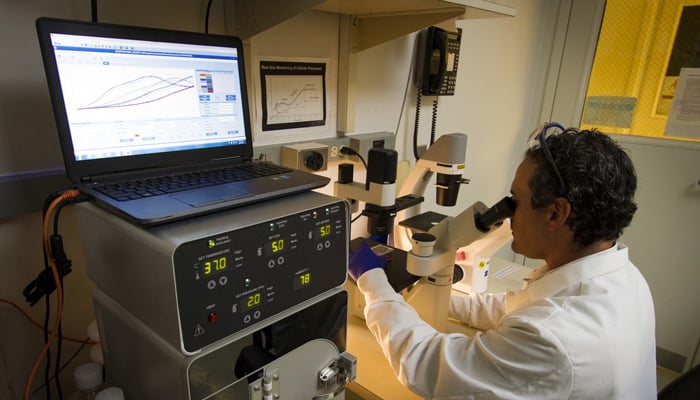Uncovering what you need to know about colorectal cancer
This guide contains awareness regarding colorectal cancer, its symptoms, treatment and prevention
April 23, 2024

Introduction to colorectal cancer:
Colorectal cancer is a result of abnormal cell growth in the colon and rectum and is quite a significant global health concern.
This cancer is ranks as the third most common cancer worldwide and typically develops from growth of polyps, which can turn into malignant (mobile) tumor over time.
Colorectal cancer risk factors:
Prime triggers for colorectal cancer include aging, genetic predisposition, a diet high in red and processed meats, and lifestyles low in fiber and exercise.
Symptoms and Treatment:

Colorectal cancer symptoms usually start to show in its advanced stages and include changes in bowel habits, bloody stools and abdominal discomfort.
It treatment entirely depends on the stage the cancer has reached and may involve the process of surgery, chemotherapy, and radiation.
Early detection through screening is a crucial strategy to effectively manage and reduce the mortality rate associated with colorectal cancer.
Prevent colorectal cancer:
A health-oriented lifestyle which includes increasing the intake of fruits, vegetables, and whole grains, along with the reduction of alcohol and tobacco consumption, play a vital role in the prevention of colorectal cancer.
Preventive measures against this disorder also comprise of going for regular screenings such as colonoscopies, which detect polyps before they become cancerous.
Battling colorectal cancer with science:

Futuristically speaking with respect to colorectal cancer, researchers and scientists are designing personalized medicine as well as specificity oriented target therapies that would cater to individual genetic profiles.
Identification of gene mutations, advancements in immunotherapy and development of drugs, designed to eradicate cancer cells have shown promise, however, still require further research and testing.











